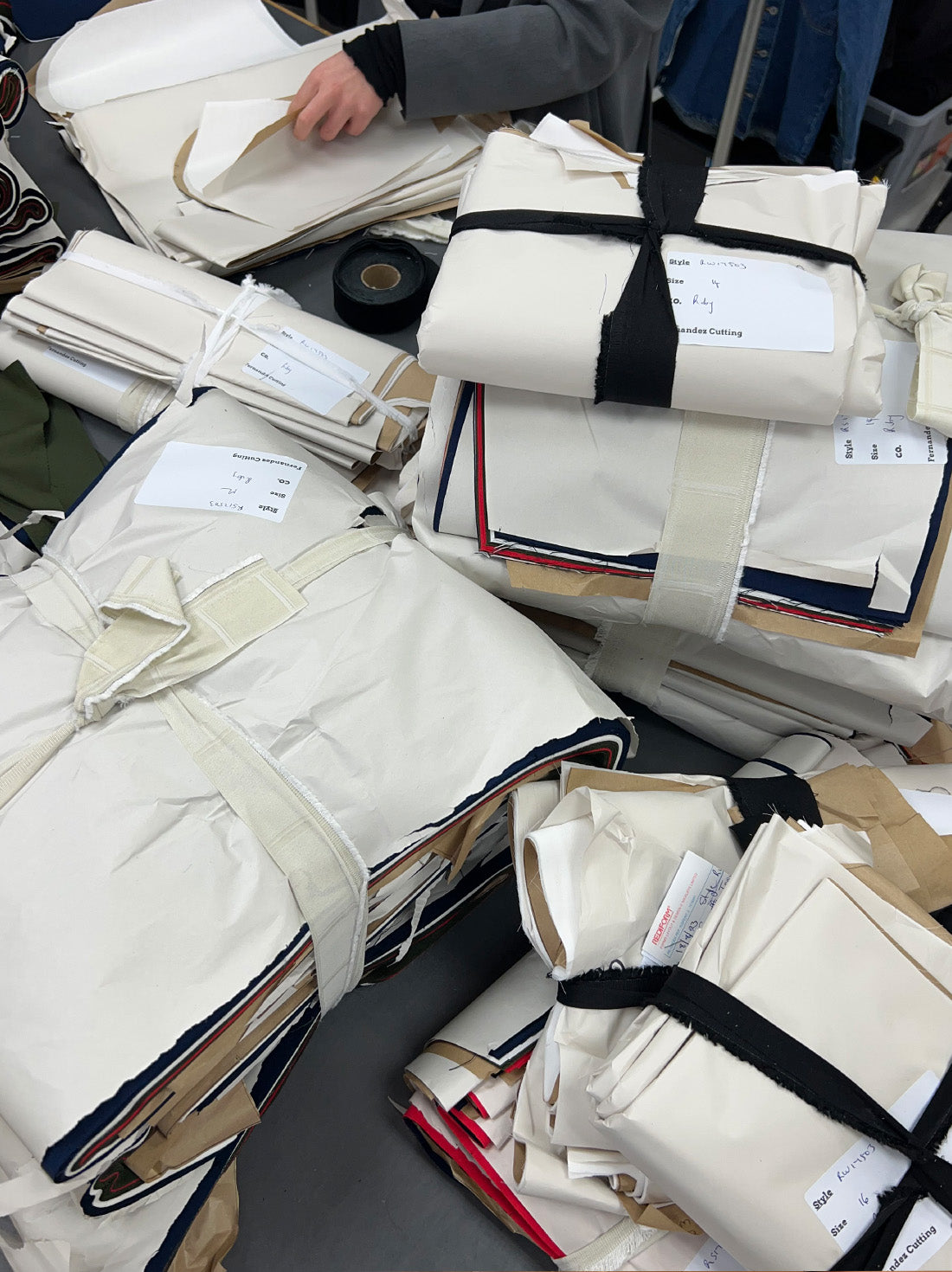Theia writes on the need for more women, espescially Māori within the music and entertainment industry. Theia explores the importance of tāngata whenua wāhine working across all areas of the industry.
"Earlier in my career, I was worried that being pigeon-holed as a Māori female artist would mean facing even greater marginalization in what was already a tough space. And yes, that is true. It is a hard space to navigate. But this journey has given me such strength. I have learned from my tūpuna wāhine, from other female musicians and from my managers and am more determined than ever that I won’t disappear quietly into the sunset."
Pai Maarire ki a taatou! He uri teenei noo Waikato Tainui ~ noo Ngaati Tiipaa, noo Ngaati Amaru. Ko Kukutai, ko Karaka ngooku whaanau, ko Theia ahau.
It has been a few years since I officially took my first steps in the music industry and in all that time, battling what has often felt like insurmountable challenges as a young Māori female artist. The industry as a whole – by its pure inaction alone – tells us that our music is not valued as much as music made by men. This is reinforced constantly when you listen to commercial radio, when summer festival line-ups are revealed, even just last year when a social media post for the Aotearoa Music Awards chose only to promote performances by male artists.
I am lucky to be surrounded by hard-working women, who refuse to accept that music made by women is inferior to that made by men. In the times when I have felt like giving up because I can’t break through the barriers, my team’s resilience and refusal to accept defeat, has pushed me along and held me up. Even encouraging me to release my TE KAAHU reo Māori compositions. This project is dear to my heart, and while she’s sonically different to the music I create and release as Theia, she is an expression of my identity.
Earlier in my career, I was worried that being pigeon-holed as a Māori female artist would mean facing even greater marginalization in what was already a tough space. And yes, that is true. It is a hard space to navigate. But this journey has given me such strength. I have learned from my tūpuna wāhine, from other female musicians and from my managers and am more determined than ever that I won’t disappear quietly into the sunset.
I acknowledge we have seen ground-breaking shifts when it comes to the championing of te reo rangatira in music and I applaud those who have worked hard to raise the voices of Māori artists. I also acknowledge there are genuine efforts to address the serious gender inequalities that plague the industry, but there’s a long way to go.
Based on my own experience of working with my all-female management team, what I deem critical to bringing about change is the need to have more women and of course of utmost importance to me, our wāhine Māori, working across the industry: radio programmers at the big commercial stations, who make decisions about what songs are played. Record label executives, who make decisions about which artists they sign. The funding bodies, which make decisions on who receives financial support to release music. Music supervisors and publishers, who secure sync deals for artists. Festival bookers and promoters, who decide on line-ups. We female artists making music in Aotearoa deserve to know that we are being represented and guided by other women who believe in us. The same applies for us as wāhine Māori. And for those Pākehā who hold positions of power, the onus is on you and those who employ you, to step up and embrace the use of te reo Māori and to also include tikanga in your daily practices. What I’m asking for seems like such a simple shift, I can hear people saying none of this is really a big deal. But for those just like me - this is career-making - or career-breaking.
Ngaa manaakitanga, Theia.
Written by Theia, Waikato-Tainui, Ngaati Tiipaa & Ngaati Amaru



























